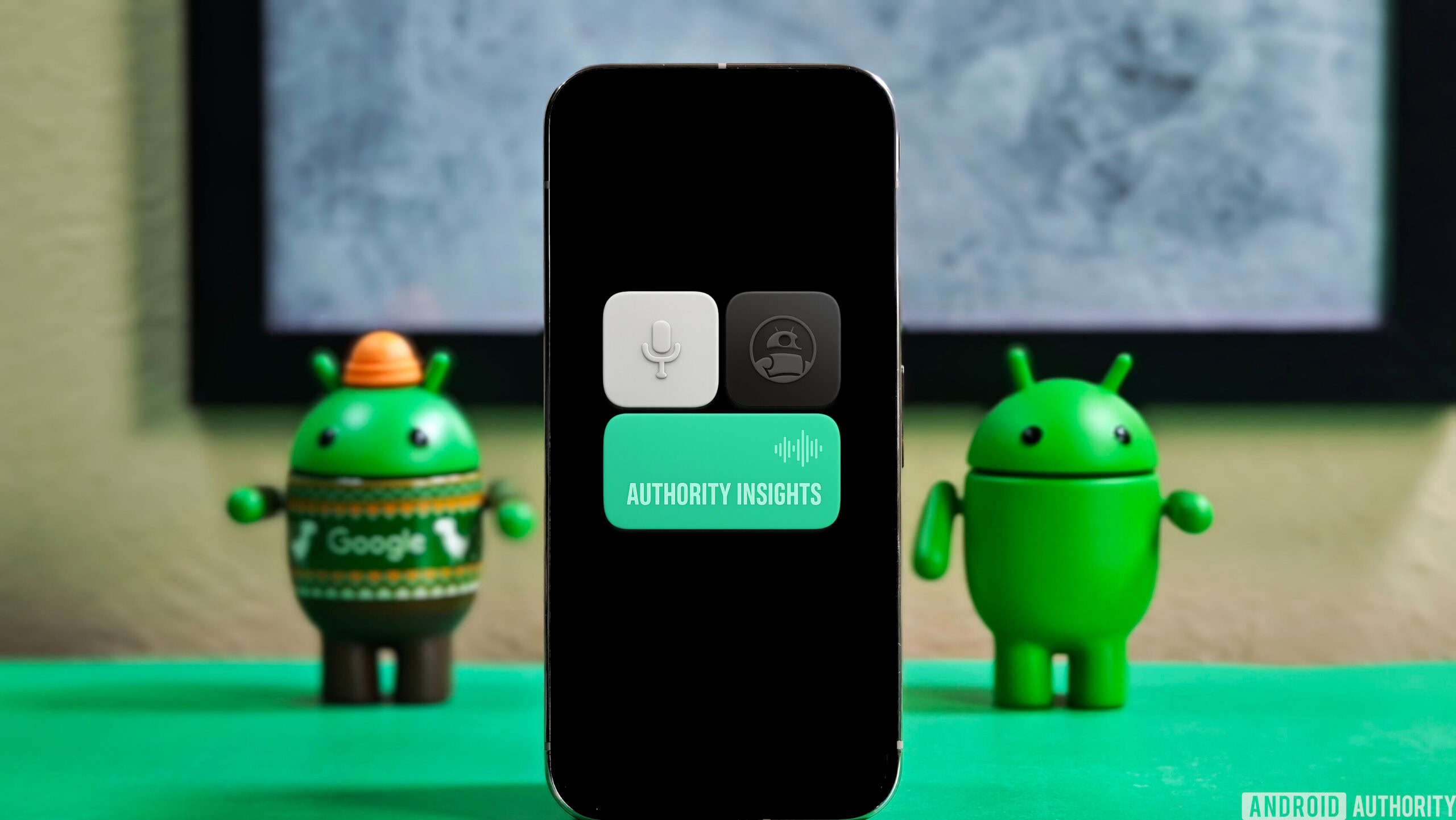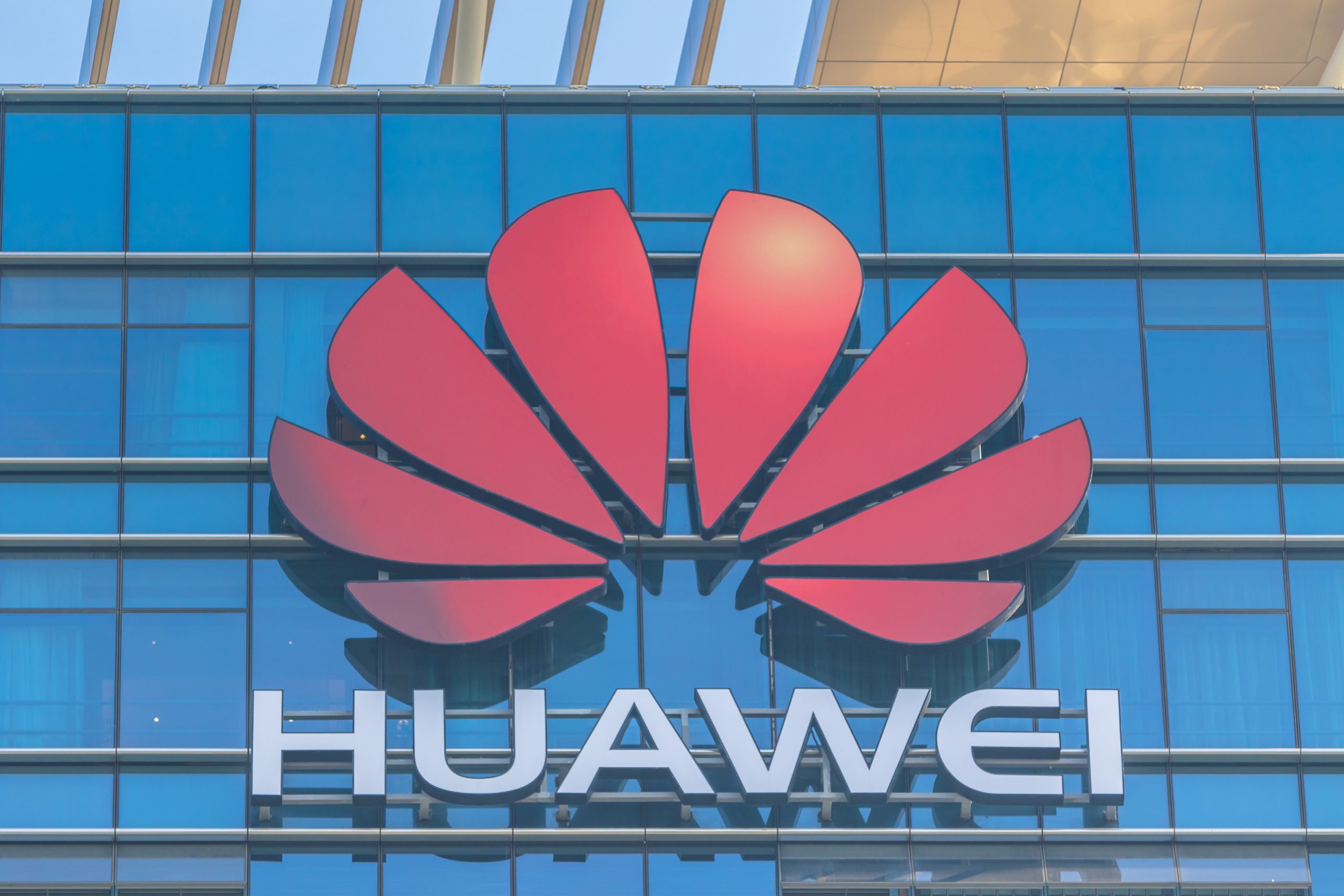A new Seattle startup is building a personal AI tutor that doesn’t just give the answer but guides students through lessons, adapts to how they learn, appeals to their personal interests, and grows with them over time.
Wild Zebra, founded by edtech veteran Edan Shahar and longtime AI technologist Erik Selberg, uses AI to guide students through Socratic-style interactions — drawing out their thinking through guided questioning — while adapting to their interests, learning styles, and individual needs.

“We think the days of trains leaving Boston and going to Chicago are dead,” said Shahar, the company’s CEO, referring to stodgy word problems. He explained that any subject can be taught using topics a student is already passionate about, such as sports or pop music.
Operating in stealth mode up to this point, the startup has already piloted its AI tutor in four schools, reaching more than 6,000 students with an initial focus on math and reading comprehension.
The feedback from teachers and administrators has exceeded expectations, Shahar said. Some educators have observed students becoming more focused and choosing to use the AI tutor outside of class time.
Building on its current school-based model, Shahar said Wild Zebra also plans to launch a direct-to-consumer version for students to use at home.
“So much of the conversation about AI has been around cheating,” Shahar said. “The reason for that is when you go to ChatGPT and you ask it a question, you expect an answer.”
While a wave of AI-powered learning tools have flooded the market, Wild Zebra is deliberately charting a different path. Rather than delivering quick solutions, its AI engages students in multi-turn conversations, asking questions that prompt reflection and reasoning.
“A lot of our work is to make sure to not give away the answer,” he said.

When asked how Wild Zebra differentiates itself from established competitors like Khan Academy’s Khanmigo, Shahar pointed to two key areas:
- First, while he respects the broad approach of other platforms, his strategy is to “start small and really do an amazing job in a small subset” before earning the right to expand.
- Second, he emphasized a deep focus on student engagement, creating a product compelling enough to capture attention in a world dominated by services like TikTok.
As students interact with the system, the AI continually updates their learning profiles — surfacing gaps in understanding that may trace back years, while enabling more advanced learners to progress at their own pace.
Wild Zebra recently raised $2 million in funding to build on that early traction, expand its school partnerships, and prepare for a broader rollout. The startup has eight employees. It’s not yet generating revenue. The company plans to introduce an implementation fee for schools starting in the fall of 2025 but has not yet decided on final pricing for its platform.
The idea for Wild Zebra emerged in mid-2024, after Shahar, who previously co-founded the travel-tech startup Utrip and served for nearly a decade as CEO of edtech company Test Innovators, returned from helping lead Israel’s national quantum computing initiative.

He connected with Selberg — a veteran technologist whose career spans leadership roles at eBay, Grab, and Microsoft — through Docusign co-founder Court Lorenzini, a startup advisor. Selberg, who also co-created the MetaCrawler search engine in the early days of the web, brought deep experience in large-scale AI infrastructure and machine learning systems.
Behind the scenes, the system draws on multiple large language models depending on the context — a flexible, privacy-conscious architecture that Shahar said was shaped by Selberg’s experience. This multi-model approach is also key to ensuring accuracy and preventing the AI from hallucinating or otherwise teaching incorrect information.
Selberg has “been working in AI since before it was cool,” with a “deep understanding of what problems AI can and can’t solve, and how to think about the shifting landscape,” Shahar said.
Delivered as a web-based application, Wild Zebra’s AI tutor starts by assessing each student’s skills, a process enhanced through a key partnership with the Educational Records Bureau (ERB), an investor in the company.
Access to ERB’s anonymized student trajectory data helps the AI understand where a student is on their learning journey. From there, the AI guides students through conversations designed to promote reasoning rather than simply providing answers.
As students engage, the system adapts dynamically — adjusting its pace and pulling in relevant examples based on each student’s preferences and interests.

Teachers remain part of the loop through a dashboard that tracks student progress and flags areas where additional support may be needed. In that way, it’s designed to solve what Shahar calls one of their biggest challenges: tailoring the learning experience to individual students.
He envisions the Wild Zebra AI as a virtual “learning specialist sitting with each and every student.” This specialist can identify whether a student is bored and needs a greater challenge or has a learning gap that needs to be filled. Those insights are then reported to the teacher’s dashboard, allowing them to provide targeted small-group support where it’s needed most.
Shahar said the startup is a watershed moment in his own journey, as well.
“It does feel like everything I’ve worked on in my life has led to this point — building companies, working in education, being a student myself,” he said. “I don’t know if a lot of people get that visceral feeling, but I’m getting it right now, and it’s awesome.”












